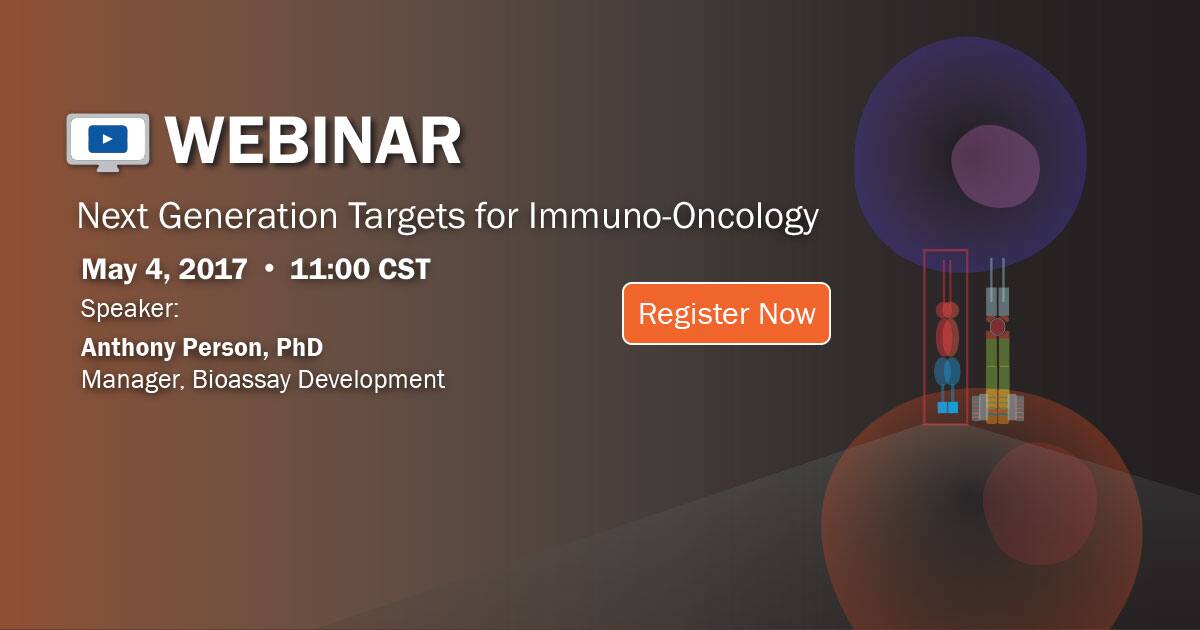Emerging Targets for Cancer Immunotherapy Research
The most successful strategies for cancer immunotherapy have focused on targeting the T cell co-stimulatory and co-inhibitory molecules that regulate T cell activation. Monoclonal antibodies directed against the T cell co-inhibitory receptors, CTLA-4 and PD-1 have been shown to have potent anti-tumor effects, suggesting that other immune checkpoint regulators may also serve as immunotherapeutic targets. CTLA-4 and PD-1 are members of the CD28 family and they each bind to two different B7 family proteins, B7-1/CD80 and B7-2/CD86 or PD-L1/B7-H1 and PD-L2/B7-DC, respectively. In addition to these, there are six other B7 family proteins. Most of the additional B7 family members have also been shown to regulate T cell activation but many of their receptors have yet to be identified. Scientists at R&D Systems are contributing to the effort to identify receptors for these molecules with the hope of developing reagents that will allow researchers to target these pathways and determine whether they have immunotherapeutic potential.
In addition to the B7/CD28 immune checkpoint regulators, a number of other protein families have also been shown to regulate T cell activation. For a quick summary, see our T Cell Co-Signaling Pathway. These include members of the butyrophilin, CD2/SLAM, TIM, CD226, and LILR families, along with TNF receptor superfamily proteins. Thus, while the clinical focus remains on the B7/CD28 families, many of these other protein families are now being investigated in labs around the world and at R&D Systems as next generation targets for cancer research.
On May 4, 2017 at 11:00 am CST, Dr. Anthony Person, a manager in the Bioassay Development group at R&D Systems will be presenting a webinar on some of the novel immunoregulatory pathways that we are currently investigating that may serve as targets for oncology research. The title of the webinar is Next Generation Targets for Immuno-Oncology and the key molecule families that will be discussed include the butyrophilins (BTNs), leukocyte immunoglobulin-like receptors (LILRs), and V-set and immunoglobulin domain-containing (VSIGs) proteins. Dr. Person will present data demonstrating the immunomodulatory functions of different members of these families and discuss their potential as emerging targets for cancer immunotherapy. Please join us for this exciting event.
